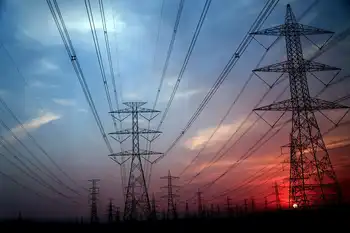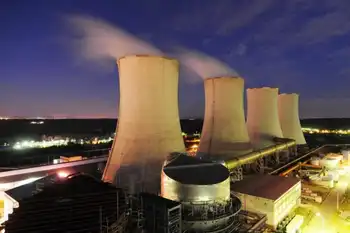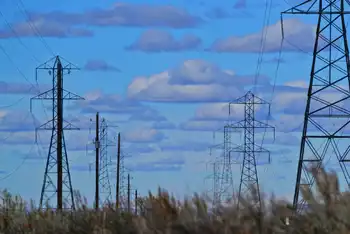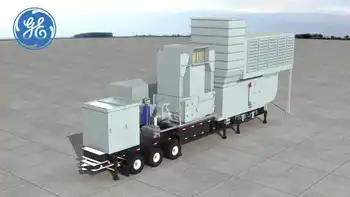NERC report stresses integration for reliability
By Electricity Forum
High Voltage Maintenance Training Online
Our customized live online or in‑person group training can be delivered to your staff at your location.

- Live Online
- 12 hours Instructor-led
- Group Training Available
Further, bulk power system operators will need increased visibility and dispatchability as smart grid innovations change the character of distribution systems, says a recently released North American Reliability Corporation NERC report.
The report – Reliability Considerations from the Integration of Smart Grid – is a high-level, preliminary assessment of potential reliability considerations. In addition, it outlines a work plan for coordinated actions from the electric industry to enable integration of smart grid devices and systems resulting in a secure and reliable bulk power system.
“This preliminary assessment reviews how the evolving integration of the smart grid can support bulk power system reliability,” said Mark Lauby, director of Reliability Assessment and Performance Analysis at NERC. “It will be vital that the system is planned, designed and operated to address the grid stability and cyber considerations.”
To study the implications of integrating smart grid technologies into the bulk power system, the NERC Planning Committee formed the Smart Grid Task Force, whose charter is to “identify and explain any issues or concerns of the smart grid with respect to bulk power system reliability.” The following are key observations identified by the task force:
• Government initiatives and regulations promoting smart grid development and integration must consider bulk power system reliability implications.
• Integration of smart grid requires development of new tools and analysis techniques to support planning and operations.
• Smart grid technologies will change the character of the distribution system, and these changes must be incorporated into bulk power system planning and operations.
• Cyber security and control systems require enhancement to ensure reliability.
• Research and development has a vital role in successful smart grid integration.
“The work plan engages the electric industry to develop system models, risk metrics and harmonize standards throughout North America,” Lauby said. “Working through NERC, coordinated action will begin to address reliability considerations.”
As the bulk power system evolves, it is vital that reliability is maintained. The task force identified next steps in assessing smart grid effects on the grid, to include:
• Engaging standards development organizations in the United States and Canada to increase coordination in standards development.
• Monitoring smart grid developments and remaining engaged in its evolution.
• Supporting the development of tools, technology and skill sets needed to address bulk power system reliability, including cyber and control systems, modeling, simulation, and operator tools and training.
• Enhancing NERC’s Reliability Standards, if needed, as the character of the smart grid crystallizes.











